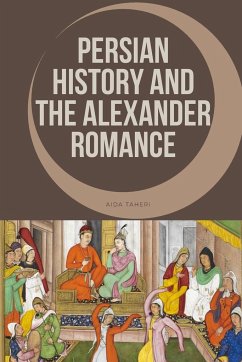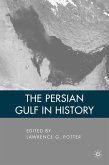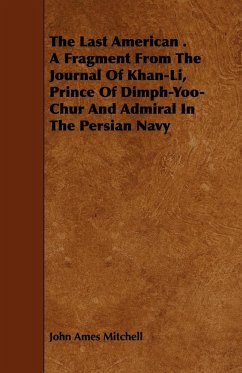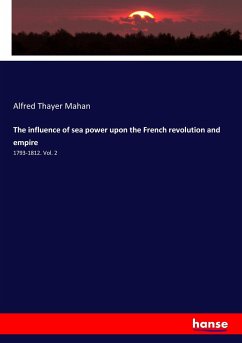This book aims to explore how the Alexander Romance entered the Persian literary¿¿¿ tradition and to understand precisely its influence. The main question addressed is whether the Alexander Romance was part of the pre-Islamic Persian tradition and, if so, what its key characteristics were. Because of the dearth of pre-Islamic Persian sources, this thesis is necessarily mostly based on early Arabic and Persian sources written in theearly Islamic period, some of which were derived from pre-Islamic traditions. Aside from the Sh¿hn¿ma of Firdaws¿, the Arabic histories (¿abar¿, Dinawar¿, the anonymous Nih¿yat al-'arab, the Ghurar al-Sayr of Thä¿lib¿) included Alexander in their chapters on the Kay¿nid kings, presenting him as the half-brother of D¿r¿ (Darius III). My examination of these histories largely focuses on their understanding of the Persian descent of Alexander, which is derived from the Sasanian Khud¿yn¿mag. Most scholars have looked askance at the presence of a positive perspective on Alexander in the Persian world because the Zoroastrian tradition usually presented him as a cursed figure and one of Persia's worst enemies. Perhaps one of the original contributions of this thesis will thus be its demonstration of the existence of a very positive view of Alexander in the classical Arabic and Persian sources that is not just the result of biases derived from the Islamic era, but which also reflects the viewpoint of numerous pre-Islamic Persian sources on Alexander.








